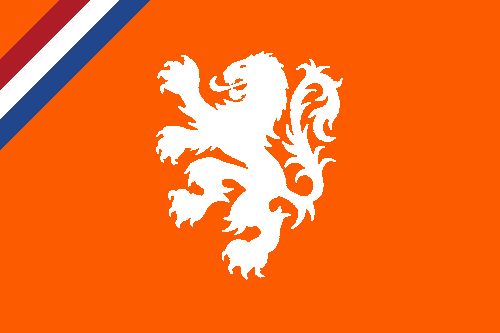After another embarrassing failure from the national team, Dutch football has plummeted to a new low that marks a spectacular fall from its golden days of club and international glory.
The 2-0 win over Sweden in their final qualifying game on Tuesday couldn’t prevent Netherlands missing out on the 2018 World Cup, but the country had given up hope long before then.
After reaching the finals and semi-finals of the last two World Cups, Oranje find themselves the laughing stock of Europe and the latest slip leaves the country wondering once again where its national game is headed.
The nation that changed the sport with its revolutionary Total Football has crumbled, fallen far behind their European counterparts and is left to work out where it all went wrong.
With the famous style that blossomed at Ajax in the late 1960s under legendary coach Rinus Michels and a squad led by the iconic Johan Cruyff, the Dutch developed a philosophy that taught the world a new way of playing. Inspiring players and coaches for generations, their influence has been evident in some of the great foreign teams that have emerged since.
The Ajax, Feyenoord and PSV sides that won European, UEFA and Club World Cups in the 1970s propelled Netherlands from an afterthought on the world stage to a dominant force.

